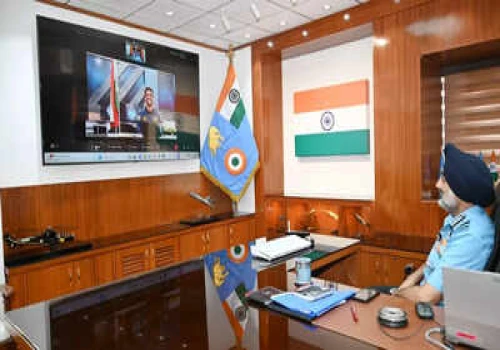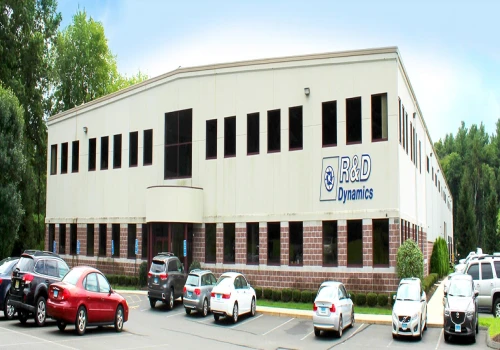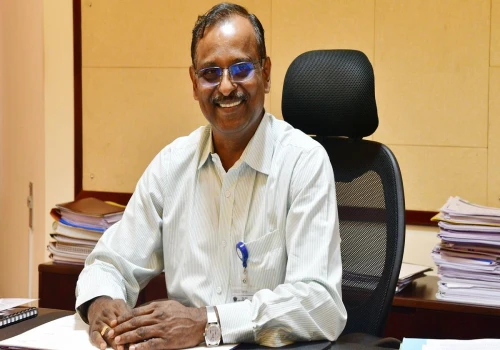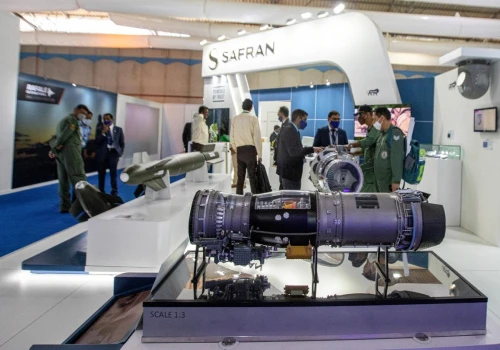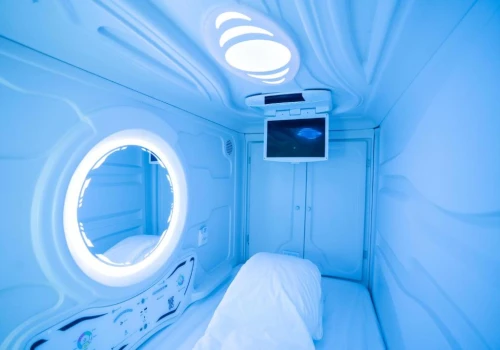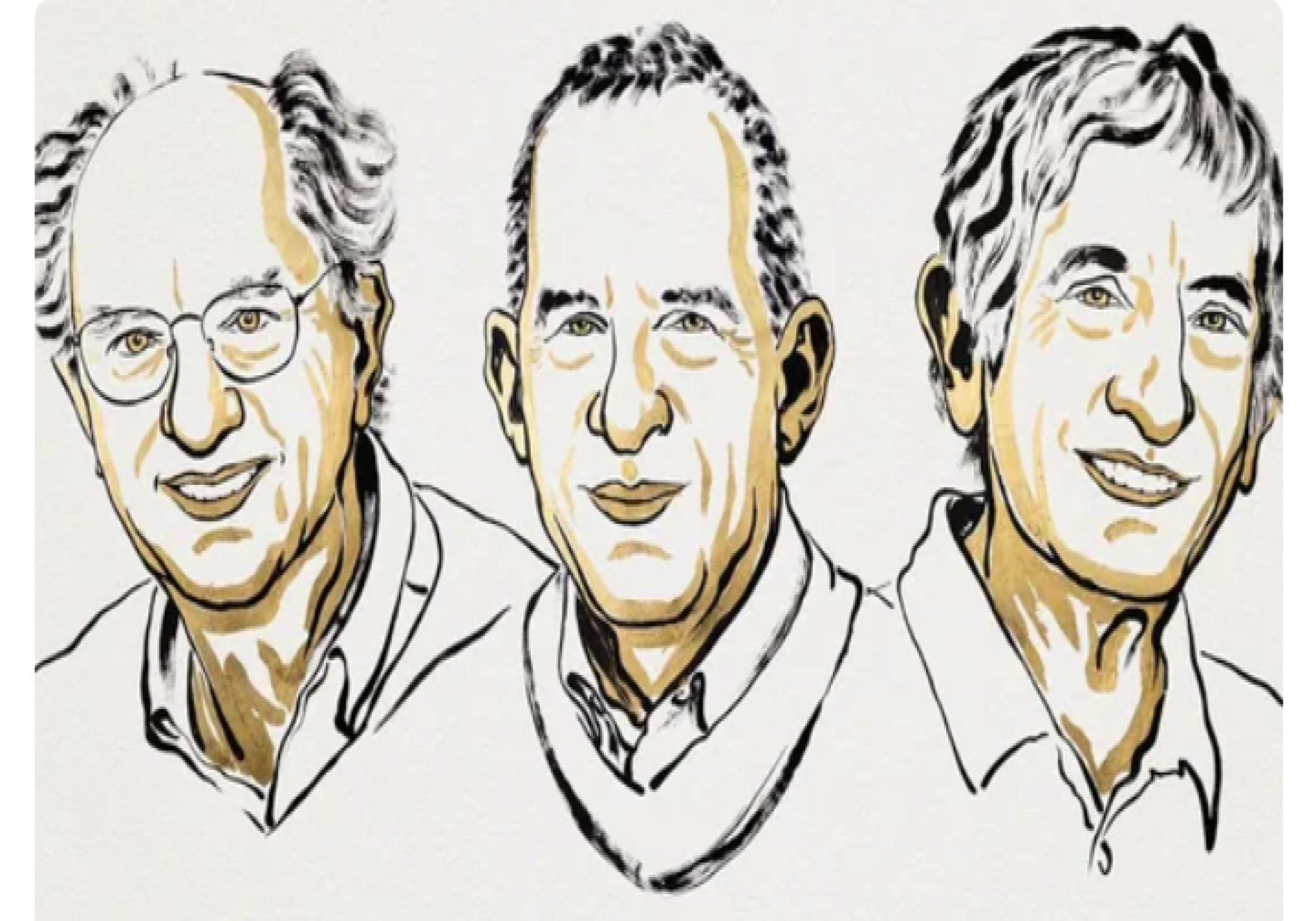
John Clarke, Michel Devoret, and John Martinis have been awarded the 2025 Nobel Prize in Physics for their groundbreaking contributions to the development of superconducting quantum circuits, paving the way for next-generation quantum computing.
Their pioneering work has redefined the limits of quantum technology, enabling scientists to control and measure quantum states with unprecedented precision.
These scientists have played a crucial role in bridging the gap between theoretical quantum physics and practical applications. Their research into superconducting qubits—tiny quantum bits that can maintain coherence longer than previous models—has become the foundation for quantum processors now used by major tech companies and research labs worldwide.
The Royal Swedish Academy of Sciences recognized the trio’s collective effort in building scalable, stable, and efficient quantum circuits. John Clarke’s early advancements in superconducting devices laid the groundwork for future innovations; Michel Devoret contributed to developing quantum amplifiers and circuit designs that minimized noise; and John Martinis spearheaded the implementation of quantum processors capable of executing complex algorithms.
Their achievement marks a defining moment in the evolution of quantum computing, positioning the field closer to practical, real-world applications such as secure communications, advanced simulations, and powerful problem-solving capabilities. The 2025 Nobel Prize in Physics celebrates not only their individual brilliance but also the collaborative spirit of modern scientific innovation.


